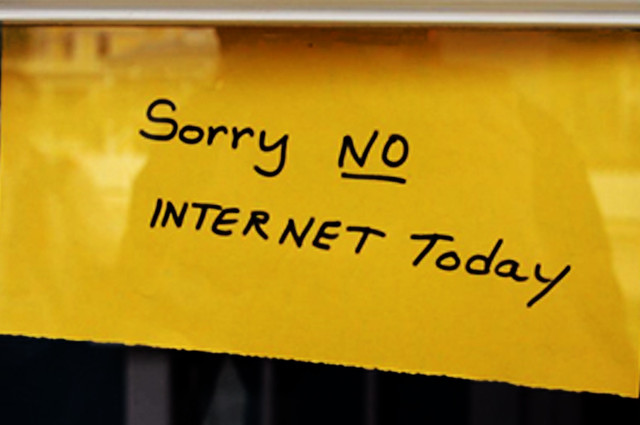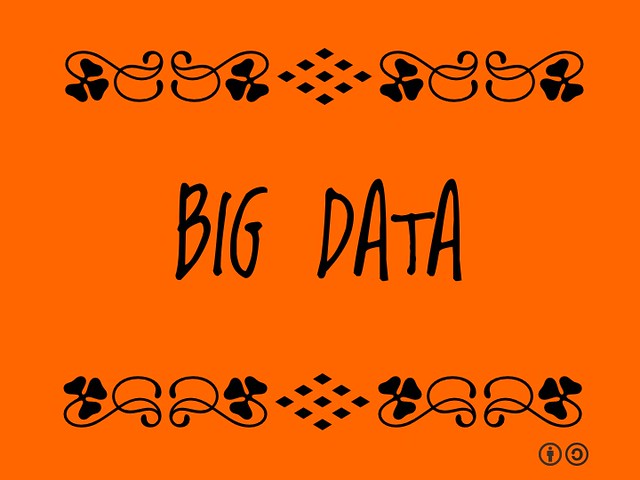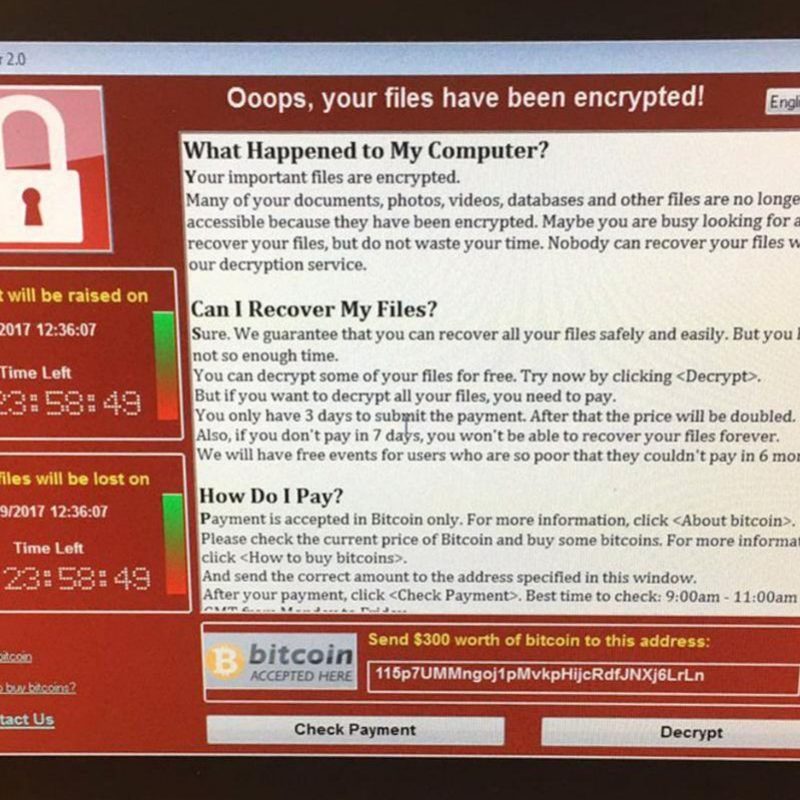Knowledge is power, which is why we’re sharing the Internet Health headlines that caught our eyes over the last week.
Digital Inclusion
Bloomberg: FCC Chairman takes a swing at net neutrality
“The FCC, then under Democratic control, imposed net neutrality rules in 2015 to keep broadband providers, such as AT&T Inc. and Comcast Corp., from interfering with the information flow to homes and businesses. They feared the companies would slow delivery of web content from competitors or speed up that of paying partners. Republicans said there is scant evidence of such problems — and certainly not enough to justify a new rule.”
> Bonus: Read the full speech.
Techcrunch: Startups and nonprofits set sights on closing the achievement gap through internet access
“Kids growing up in low-income neighborhoods have always faced extra challenges when it comes to keeping up with their middle- to high-income peers. And with the dawning of the digital age, low-income students now face a new, unprecedented challenge: access to high-speed internet.”
BBC: Will Cuba embrace the internet revolution?
“No matter how much you warn visitors to Cuba that they’ll be offline during their stay, they often won’t believe it until they actually arrive in Havana. Whether Snapchat-obsessed millennials or email-addicted workaholics, they stare at their phones in disbelief, waiting in vain for the familiar “4G” symbol to appear, as the realisation dawns that an enforced digital detox is upon them.”
Web Literacy
CNN Money: An 81-year-old woman just created her own iPhone app
“The retired banker asked a bunch of people to create games for seniors, but no one was interested. So she took matters into her own hands and achieved something many people half her age haven’t done.”
Online Privacy & Security
The Hill: FCC votes to block internet privacy rule
“The Federal Communications Commission (FCC) on Wednesday voted 2-1 along party lines to block a new internet privacy rule from taking effect. The rule would have required internet service providers to take more stringent steps to protect consumers’ personal data.”
TeenVogue: How to Keep Messages Secure
“Security experts give their best advice for keeping messages secure, whether you’re at a protest or just want to keep out snooping siblings.”
Al Jazeera News: What’s the cost to privacy in our connected lives?
“What tech companies call the “Internet of Things” will make us healthier and safer, they say. Critics reply that we are being stripped of privacy and isolated from communicating with other people.”
Decentralization
NPR: Amazon And The $150 Million Typo
“Amazon says a typo caused its cloud-computing service to fail earlier this week.On Tuesday, part of Amazon Web Services stopped working. The company’s so-called simple storage service, or S3, provides features ranging from file sharing to web feeds.”
Lenny: Big Data, Big Problems: An interview with Cathy O’Neil, the author of Weapons of Math Destruction.
“Cathy O’Neil: Big data means different things to different people. For the sake of the book, I meant it as the marketing campaign around the newfangled uses for data. It’s a promise, and it’s a hope. The promise is that once you have big-data algorithms, they are inherently fair and objective, and they are better than human beings at being fair. That’s something that isn’t always explicitly stated. Then there’s the hope, which is also often not stated, that we don’t need the actual data around the thing we’re trying to predict, that it’s good enough to use proxies for that thing.”
Open Innovation
BBC: IBM gives out-of-office patent to public
“The patent was filed in 2010 at a time when many tech firms made grabs for all kinds of technological innovations. IBM said that it would “dedicate the patent to the public”. In a statement, the IBM said that it had notified ‘the USPTO that it foregoes its rights to the patent. As a result, the patent is released into the public domain.’”
GIF of the Week
Nailed it.





